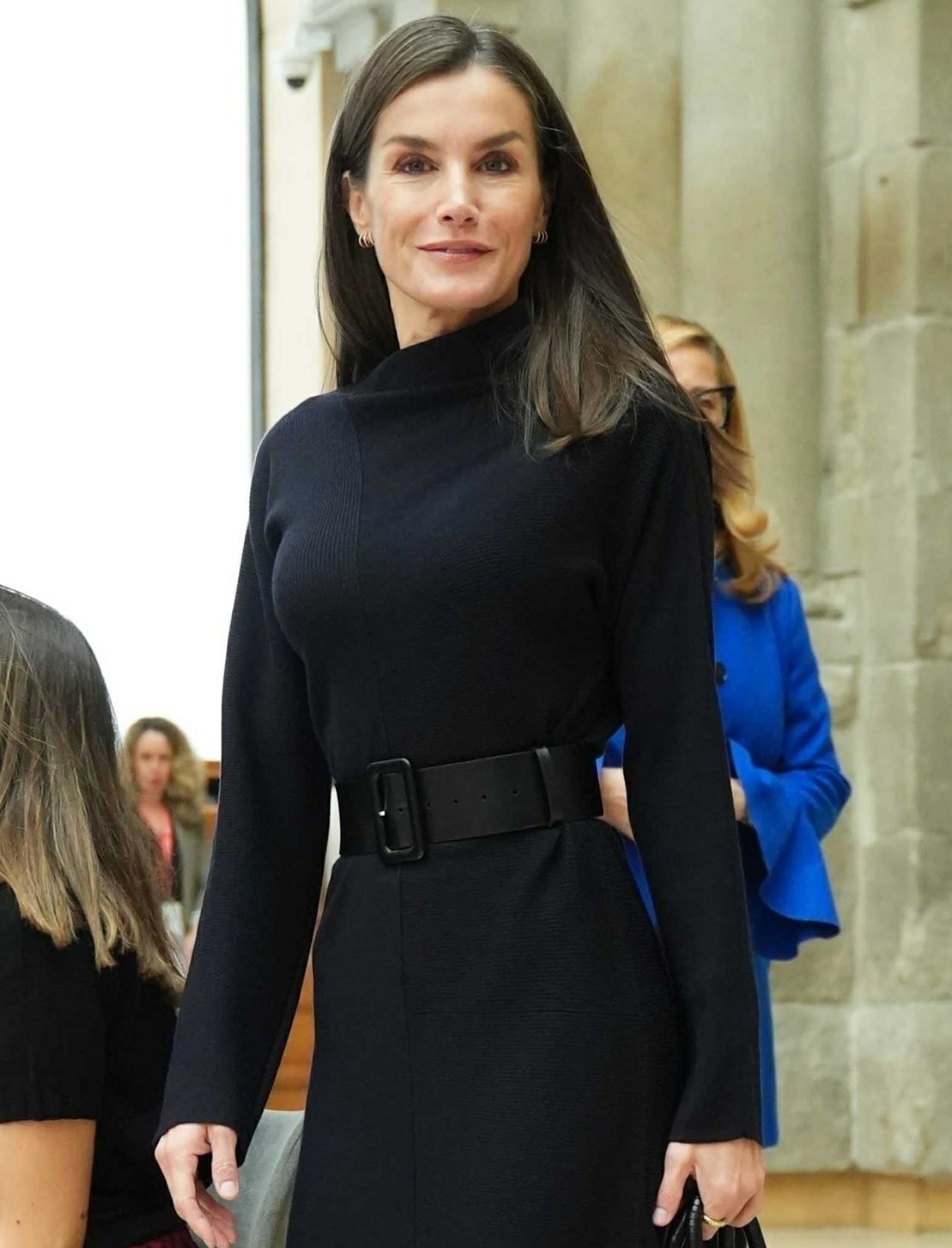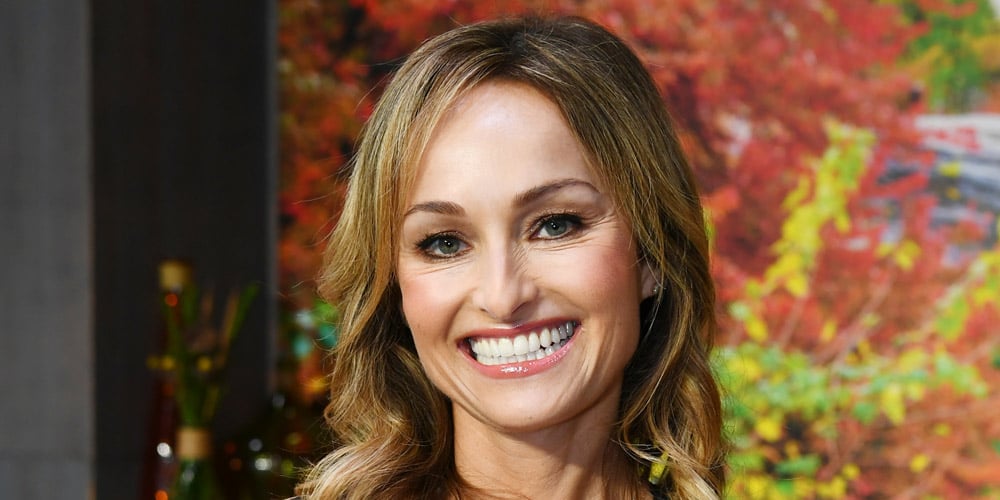ARTICLE AD
France has published its most comprehensive study to date detailing the impact of investment obligations introduced in 2021 requiring global streamers to invest at least 20% of their annual local turnover in French film and TV production.
The obligations were introduced in June, 2021 as part of the country’s transposition into law of the European Union’s 2018 Audiovisual and Media Services Directive (AVMSD), updating the bloc’s legislation for the digital age and the rise of global streaming platforms.
The report – compiled by France’s National Cinema Centre (CMC) and audiovisual authority ARCOM – showed that global streamers had invested more than $1.02B (€974.6M) in French film and TV shows from 2021 to end 2023.
Within this, streamers put $73M (€70.1M) into 58 CNC-approved features over the three-year period and financed 106 audiovisual works for an investment of $952M (€904.4M). Arcom’s figures, which included films not registered with the CNC, were slightly higher, showing investment and pre-financing of $114.11 (€108.4M) in 81 feature films.
Within this, Netflix topped the chart, investing in 66 works, for 40.2% of the total, ahead of Prime Video with 53 works (32.2%) and Disney+, with 36 works (22%). Other platforms Apple TV+, Paramount+ and Max had gotten behind nine projects between them.
“Disney+, Netflix and Prime Video globally respected their obligations across the period, allowing for a significant progression in their investments,” read the report.
The study noted, however, that the three platforms had yet to fully meet their financial obligations in terms of cinema, although the number of local films supported by global platforms had risen steadily from 17 in 2020, to 42 in 2021, 58 in 2022 and 71 in 2023.
“There were deficits for all three services, particularly in terms of pre-financing obligations,” it read, adding that ongoing negotiations over future windowing regulation had also held back investments.
In other data, the study revealed that the platform-backed features had an average budget of $9.1 M (€8.7M), against an average of $4.7M (€4.5M) for all French films, as well as better than average performances at the local box office.
Netflix came out on top in terms of its film budgets, with 24% of the features it pre-bought costing more than $15.7M (€15M.
Big budget streamer-backed cinema productions included Antonin Baudry’s two-part work De Gaulle, budgeted at $39.9M (€37.7M) for each film (Disney+); Gilles Lellouche’s $37.5 M (€35.7M) dramatic romance Beating Hearts (Netflix), Jean-Jacques Annaud’s $34.2M (€31.5M) drama Notre-Dame On Fire (Prime Video) and the $36.4M (€34.6M) bio-pic Monsieur Aznavour (Netflix).
It noted that three of these films had seen the steamers collaborate with local audiovisual groups such as De Gaulle, which involves TF1, and L’Amour Ouf, which was spearheaded by Canal Plus.
Arcom President Roch-Olivier Maistre said the body was broadly satisfied with the results.
“The AMVS decree of June 22, 2021, which transposed the ambitions of the AMVS directive, has opened a new era for the financing of creation,” he said. “In the face of the changing habits, and in particular the move to consumption on demand on international platforms, we had to evolve our model.”
He noted that France had been one of the first countries to transpose the AVMSD directive into national law, as well as the most proactive in terms of protecting the country’s long-running film and TV funding model, under which all actors diffusing content have an obligation to invest revenues back into local, diverse and independent productions.
“The commitments of the major streaming players underline the strength of our cultural model, which knows how to adapt to changes in usage and the market; they also highlight the desire of these players to integrate harmoniously into this model, to strengthen the dynamism of our productive fabric,” said Maistre.
He suggested the streamers had become engaged parties in France’s audiovisual ecosystem, which also regularly interacted with Arcom, although he hinted that the body would appreciate greater transparency in terms of data.
“The streaming players are now daily interlocutors of the regulator and are fully integrated into our control missions, in a constructive working environment,” he said. “I take this opportunity to underline the importance of transparency in the information transmitted in terms of investment in order to accomplish our missions.”
Maistre also took care to highlight the continued overriding contribution of local state and commercial broadcasting groups led by France Télévisions and Canal+, and said a study on their investments in 2023 would be published in the new future.

.png) 2 hours ago
3
2 hours ago
3 

